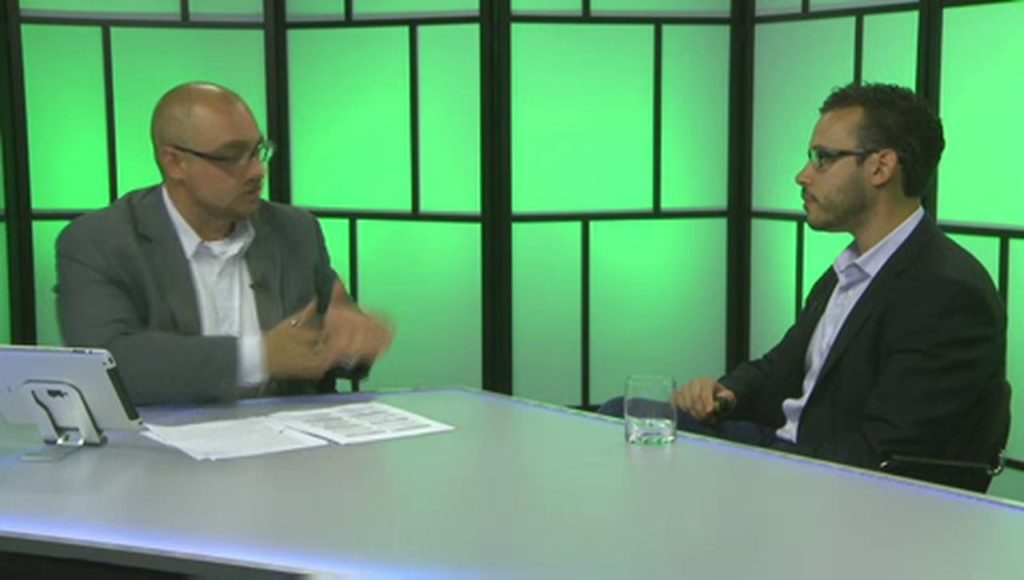
Autism and bullying
Gifted children with a disability are more at risk of bullying than other children according to new research from Griffith University.
The study, led by education researcher Dr Michelle Ronksley-Pavia from the School of Education and Professional Studies, explored the lived experiences of eight twice-exceptional children who endured acute bullying in school.
Twice-exceptional children are those who are gifted/talented in one or more areas while also possessing a learning, emotional, physical, sensory and/or a developmental disability.
In this study the children all had multiple disabilities, such as autism dysgraphia, dyslexia and anxiety, co-occurring along with high abilities in areas such as the arts, science and maths.
Published in US journal Gifted Child Today the study found children’s differentness and frequent social isolation made them easy targets for bullies.
All the children said they had been bullied during their schooling and for some it was more pervasive than others. Bullying included other children negatively targeting them through verbal abuse; taunting, name calling, teasing, deriding them to their peers; and/or being physically hurt.
As 10-year-old Boom recalled, “A few times in Year 2 I got beat up and once in Year 1, I got beat up. I was just walking around at lunchtime.”
Several children reported experiencing bullying by educators and incidents that left them feeling vulnerable and unsupported in school environments. Conflict with teachers was also experienced by all the children with some reporting certain teachers who would appear to frequently negatively target them.
Thirteen-year- old Buster stated, “When the teacher looked at my [poor] handwriting, she would tear the pages out of my exercise book and tear them up and throw them in the bin in front of the whole class.”
Although these types of incidents may happen to many children, it is the cumulative effect of these for individual twice-exceptional children which impacts negatively upon them,’’ Dr Ronksley-Pavia said.
All the children had reported being bullied to teachers, but said they frequently ignored or dismissed their reports so many of the children decided not to report any further bullying.
“There is a need to re-examine and amend the definition of bullying that many schools rely on, and often fall-back on when dismissing children’s reports of bullying. That is the ‘repeated’ part of the definition. As our research shows even one instance of bullying can be damaging to a child.”
Dr Ronksley-Pavia said their research suggested that bullying of twice-exceptional children may be part of a wider entrenched culture of bullying across society, due to differentness of individuals and lack of acceptance or understanding of the co-occurrence of high ability and disability in individuals.
“Where societies accept bullying behaviours as normal, reject them as non-existent, and/or disregard reports of bullying especially from children, then bullying behaviours are more likely to go unchallenged and relatively unaddressed,’’ she said.
“It is vital to be aware of the possibility of pervasive bullying of children who are twice-exceptional. It is crucial that those working with these children have an awareness of the effects of bullying on them, and have the necessary skills, willingness and institutional advocacy to sustain social and emotional support for these children throughout their education.”
 A school bus aide in Connecticut is under arrest, accused of repeatedly assaulting a teenager with autism.
A school bus aide in Connecticut is under arrest, accused of repeatedly assaulting a teenager with autism.


